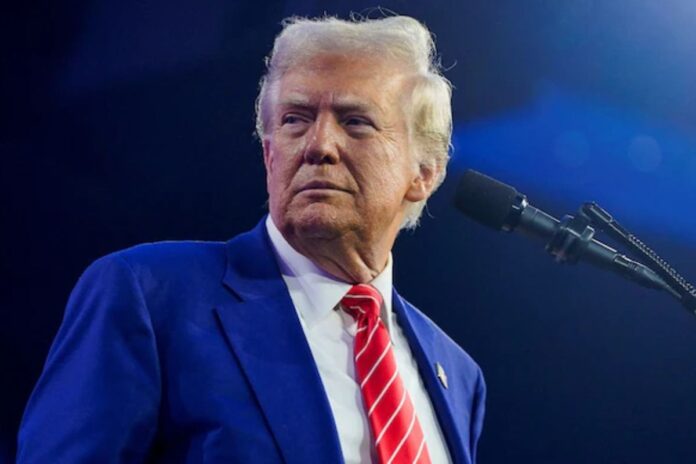US President-elect Donald Trump will face sentencing on January 10, just ten days before his inauguration, in a criminal case involving hush money paid to a porn star. This unprecedented situation sees Trump, the first US President-elect ever convicted of a crime, appearing before Justice Juan Merchan, who has indicated that a jail sentence is unlikely.
Trump Sentencing Details Revealed
Justice Juan Merchan, presiding over the case, has ruled that Trump may attend the sentencing either in person or virtually. The judge expressed that an “unconditional discharge” without any form of custody, fines, or probation is the most likely outcome. This approach highlights the complexity of sentencing a President-elect in a legal and political landscape fraught with tension.
Steven Cheung, a spokesperson for Trump, criticized the proceedings, stating, “This lawless case should have never been brought, and the Constitution demands that it be immediately dismissed.”
Legal Arguments and Judicial Decision
The defense team argued that continuing the case would impede Trump’s ability to govern effectively during his presidency. However, Justice Merchan rejected this plea, emphasizing the importance of upholding the rule of law. In his decision, Merchan remarked, “Defendant’s status as President-elect does not require the drastic and ‘rare’ application of the court’s authority to grant the dismissal motion.”
Historical Implications of Trump Sentencing
This case marks a historic moment in US politics, as no former or sitting US president has faced such legal challenges. Trump’s situation recalls instances of political leaders in other democracies facing legal scrutiny, though none under circumstances this unique.
The sentencing on January 10 will undoubtedly draw global attention as it unfolds against the backdrop of Trump’s imminent presidency. The unprecedented nature of this case, coupled with the political and legal stakes, ensures its lasting impact on US history and governance.

